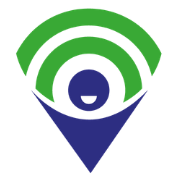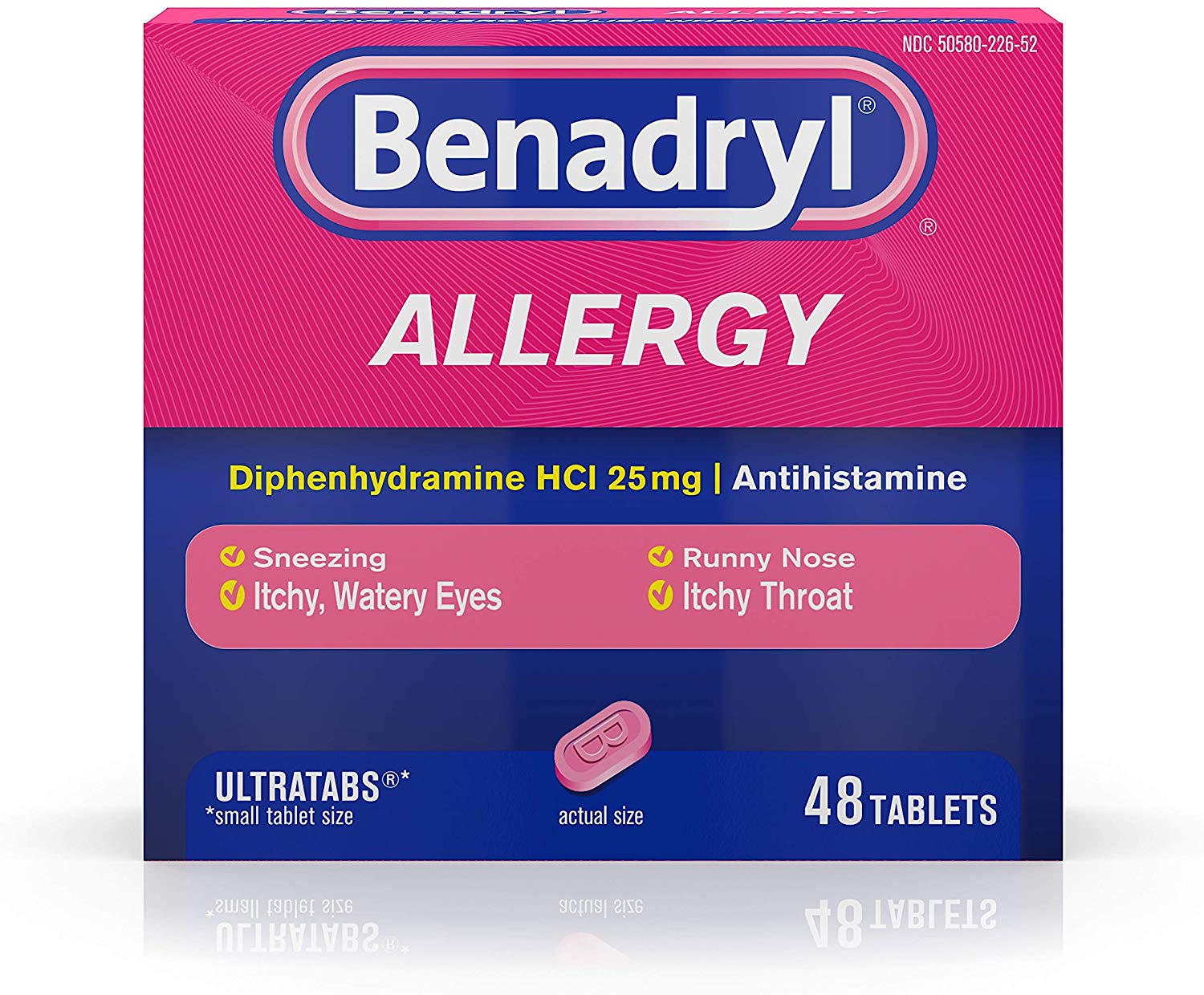Insomnia
Overview
What is insomnia? — Insomnia is a problem with sleep. People with insomnia have trouble falling or staying asleep, or they do not feel rested when they wake up. Insomnia is not about the number of hours of sleep a person gets. Everyone needs a different amount of sleep.
What are the symptoms of insomnia? — People with insomnia often:
●Have trouble falling or staying asleep
●Feel tired during the day
●Forget things or have trouble thinking clearly
●Get cranky, anxious, irritable, or depressed
●Have less energy or interest in doing things
●Make mistakes or get into accidents more often than normal
●Worry about their lack of sleep
These symptoms can be so bad that they affect a person’s relationships or work life. Plus, they can happen even in people who seem to be sleeping enough hours.
Are there tests I should have? — Probably not. Most people with insomnia need no tests. Your doctor or nurse will probably be able to tell what is wrong just by talking to you. He or she might also ask you to keep a daily log for 1 to 2 weeks, where you keep track of how you sleep each night.
In some cases, people do need special sleep tests, such as “polysomnography” or “actigraphy.”
●Polysomnography – Polysomnography is a test that usually lasts all night and that is done in a sleep lab. During the test, monitors are attached to your body to record movement, brain activity, breathing, and other body functions.
●Actigraphy – Actigraphy records activity and movement with a monitor or motion detector that is usually worn on the wrist. The test is done at home, over several days and nights. It will record how much you actually sleep and when.
What can I do to improve my insomnia? — You can follow good “sleep hygiene.” That means that you:
●Sleep only long enough to feel rested and then get out of bed
●Go to bed and get up at the same time every day
●Do not try to force yourself to sleep. If you can’t sleep, get out of bed and try again later.
●Have coffee, tea, and other foods that have caffeine only in the morning
●Avoid alcohol in the late afternoon, evening, and bedtime
●Avoid smoking, especially in the evening
●Keep your bedroom dark, cool, quiet, and free of reminders of work or other things that cause you stress
●Solve problems you have before you go to bed
●Exercise several days a week, but not right before bed
●Avoid looking at phones or reading devices (“e-books”) that give off light before bed. This can make it harder to fall asleep.
Other things that can improve sleep include:
●Relaxation therapy, in which you focus on relaxing all the muscles in your body 1 by 1
●Working with a counselor or psychologist to deal with the problems that might be causing poor sleep
Should I see a doctor or nurse? — Yes. If you have insomnia, and it is troubling you, see your doctor or nurse. He or she might have suggestions on how to fix the problem.
Are there medicines to help me sleep? — Yes, there are medicines to help with sleep. But you should try them only after you try the techniques described above. You also should not use sleep medicines every night for long periods of time. Otherwise, you can become dependent on them for sleep.
Insomnia is sometimes caused by mental health problems, such as depression or anxiety. If that’s the case for you, you might benefit from an antidepressant rather than a sleep aid. Antidepressants often improve sleep and can help with other worries, too.
Can I use alcohol to help me sleep? — No, do not use alcohol as a sleep aid. Even though alcohol makes you sleepy at first, it disrupts sleep later in the night.
|
General instructions |
|
What is a sleep diary? A sleep diary is designed to gather information about your daily sleep pattern. |
|
How often and when do I fill out the sleep diary? It is necessary for you to complete your sleep diary every day. If possible, the sleep diary should be completed within one hour of getting out of bed in the morning. |
|
What should I do if I miss a day? If you forget to fill in the diary or are unable to finish it, leave the diary blank for that day. |
|
What if something unusual affects my sleep or how I feel in the daytime? If your sleep or daytime functioning is affected by some unusual event (such as an illness, or an emergency) you may make brief notes on your diary. |
|
What do the words “bed” and “day” mean on the diary? This diary can be used for people who are awake or asleep at unusual times. In the sleep diary, the word “day” is the time when you choose or are required to be awake. The term “bed” means the place where you usually sleep. |
|
Will answering these questions about my sleep keep me awake? This is not usually a problem. You should not worry about giving exact times, and you should not watch the clock. Just give your best estimate. |
|
Sleep diary item instructions |
|
Use the guide below to clarify what is being asked for each item of the sleep diary. |
|
Date: Write the date of the morning you are filling out the diary. |
|
1. What time did you get into bed? Write the time that you got into bed. This may not be the time you began “trying” to fall asleep. |
|
2. What time did you try to go to sleep? Record the time that you began “trying” to fall asleep. |
|
3. How long did it take you to fall asleep? Beginning at the time you wrote in question 2, how long did it take you to fall asleep? |
|
4. How many times did you wake up, not counting your final awakening? How many times did you wake up between the time you first fell asleep and your final awakening? |
|
5. In total, how long did these awakenings last? What was the total time you were awake between the time you first fell asleep and your final awakening? For example, if you woke 3 times for 20 minutes, 35 minutes, and 15 minutes, add them all up (20 + 35 + 15 = 70 min or 1 hr and 10 min). |
|
6a. What time was your final awakening? Record the last time you woke up in the morning. |
|
6b. After your final awakening, how long did you spend in bed trying to sleep? After the last time you woke-up (item #6a), how many minutes did you spend in bed trying to sleep? For example, if you woke up at 8 am but continued to try and sleep until 9 am, record 1 hour. |
|
6c. Did you wake up earlier than you planned? If you woke up or were awakened earlier than you planned, check yes. If you woke up at your planned time, check no. |
|
6d. If yes, how much earlier? If you answered “yes” to question 6c, write the number of minutes you woke up earlier than you had planned on waking up. For example, if you woke up 15 minutes before the alarm went off, record 15 minutes here. |
|
7. What time did you get out of bed for the day? What time did you get out of bed with no further attempt at sleeping? This may be different from your final awakening time (eg, you may have woken up at 6:35 am but did not get out of bed to start your day until 7:20 am). |
|
8. In total, how long did you sleep? This should just be your best estimate, based on when you went to bed and woke up, how long it took you to fall asleep, and how long you were awake. You do not need to calculate this by adding and subtracting; just give your best estimate. |
|
9. How would you rate the quality of your sleep? “Sleep quality” is your sense of whether your sleep was good or poor. |
|
10. How restful or refreshed did you feel when you woke up for the day? This refers to how you felt after you were done sleeping for the night, during the first few minutes that you were awake. |
|
11a. How many times did you nap or doze? A nap is a time you decided to sleep during the day, whether in bed or not in bed. “Dozing” is a time you may have nodded off for a few minutes, without meaning to, such as while watching TV. Count all the times you napped or dozed at any time from when you first got out of bed in the morning until you got into bed again at night. |
|
11b. In total, how long did you nap or doze? Estimate the total amount of time you spent napping or dozing, in hours and minutes. For instance, if you napped twice, once for 30 minutes and once for 60 minutes, and dozed for 10 minutes, you would answer “1 hour 40 minutes.” If you did not nap or doze, write “N/A” (not applicable). |
|
12a. How many drinks containing alcohol did you have? Enter the number of alcoholic drinks you had where 1 drink is defined as one 12 oz beer (can), 5 oz wine, or 1.5 oz liquor (one shot). |
|
12b. What time was your last drink? If you had an alcoholic drink yesterday, enter the time of day in hours and minutes of your last drink. If you did not have a drink, write “N/A” (not applicable). |
|
13a. How many caffeinated drinks (coffee, tea, soda, energy drinks) did you have? Enter the number of caffeinated drinks (coffee, tea, soda, energy drinks) you had where for coffee and tea, one drink = 6-8 oz; while for caffeinated soda one drink = 12 oz. |
|
13b. What time was your last caffeinated drink? If you had a caffeinated drink, enter the time of day in hours and minutes of your last drink. If you did not have a caffeinated drink, write “N/A” (not applicable). |
|
14. Did you take any over-the-counter or prescription medication(s) to help you sleep? If so, list medication(s), dose, and time taken: List the medication name, how much and when you took EACH different medication you took tonight to help you sleep. Include medication available over the counter, prescription medications, and herbals (example: “Sleepwell 50 mg 11 pm”). If every night is the same, write “same” after the first day. |
|
15. Comments: If you have anything that you would like to say that is relevant to your sleep feel free to write it here. |
Insomnia, occasional (alternative agent): Note: Routine use is not recommended
Oral: 25 to 50 mg at bedtime for occasional use only.


